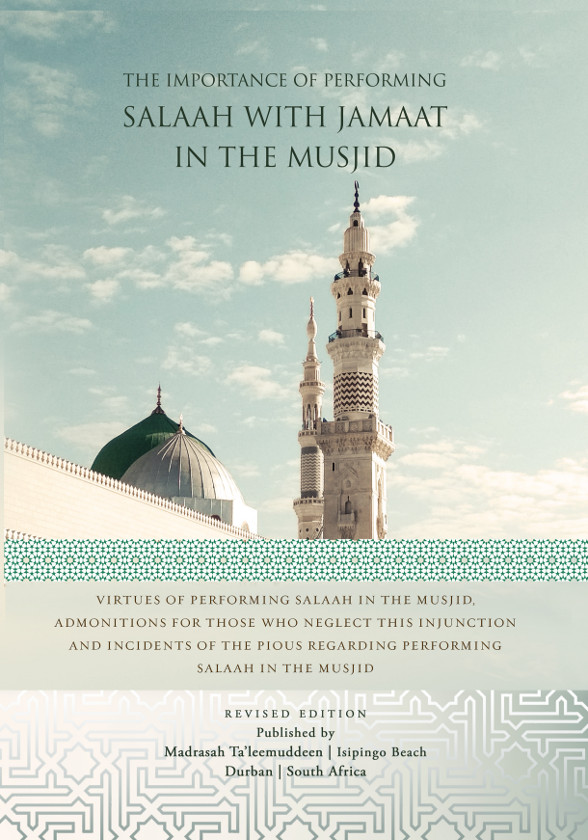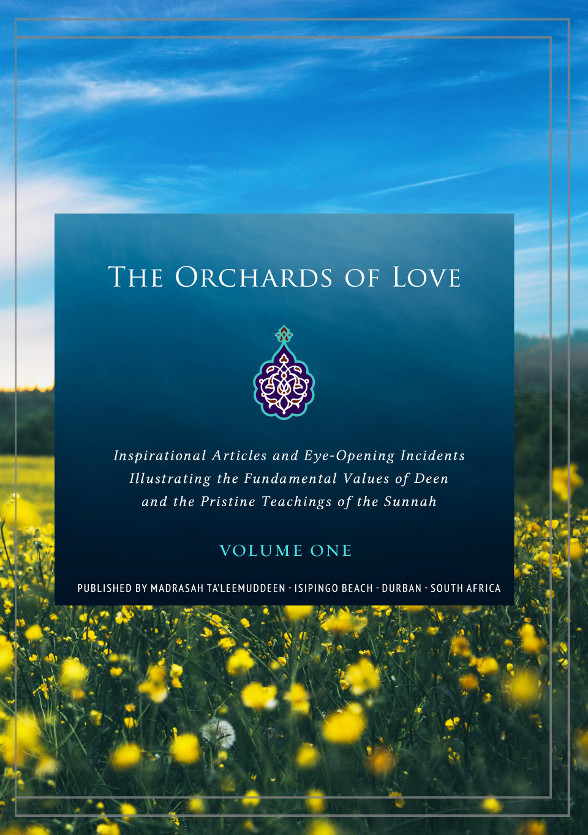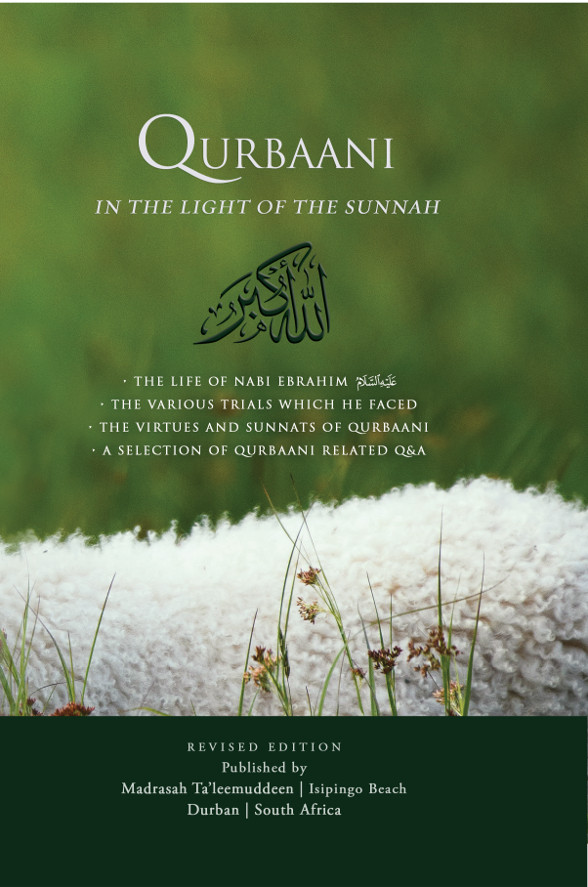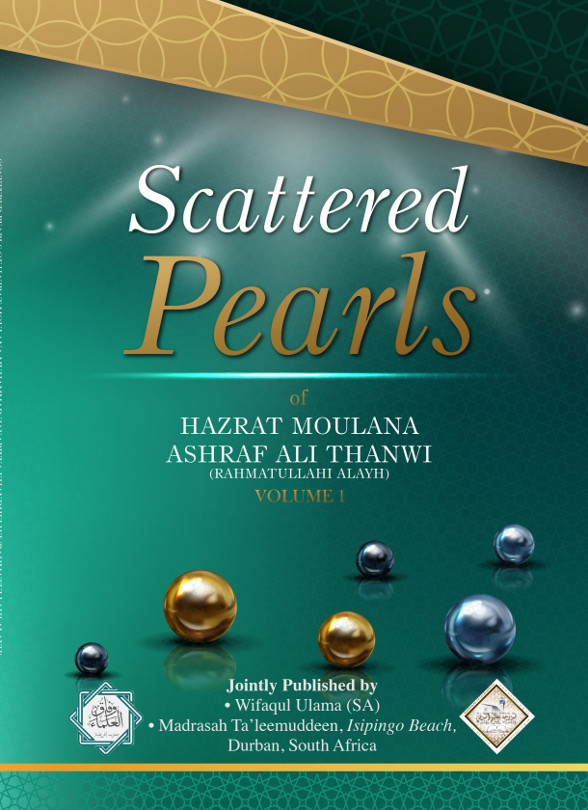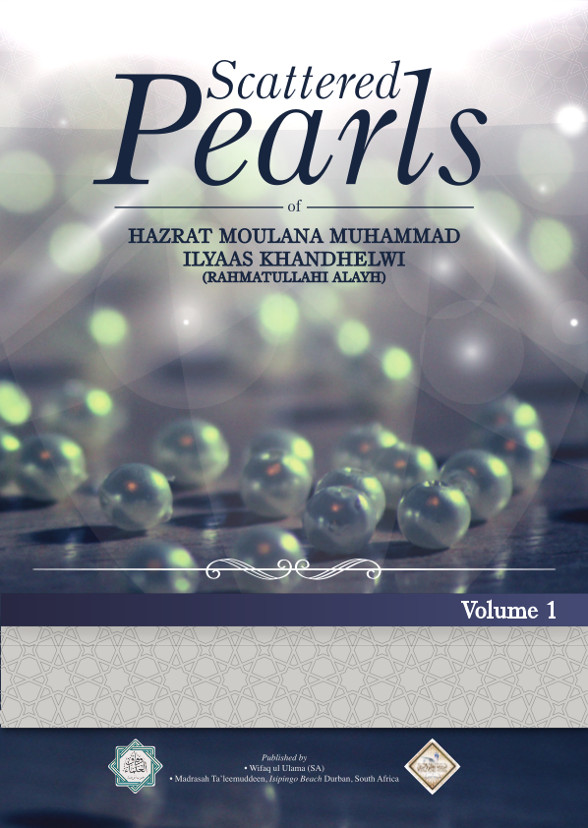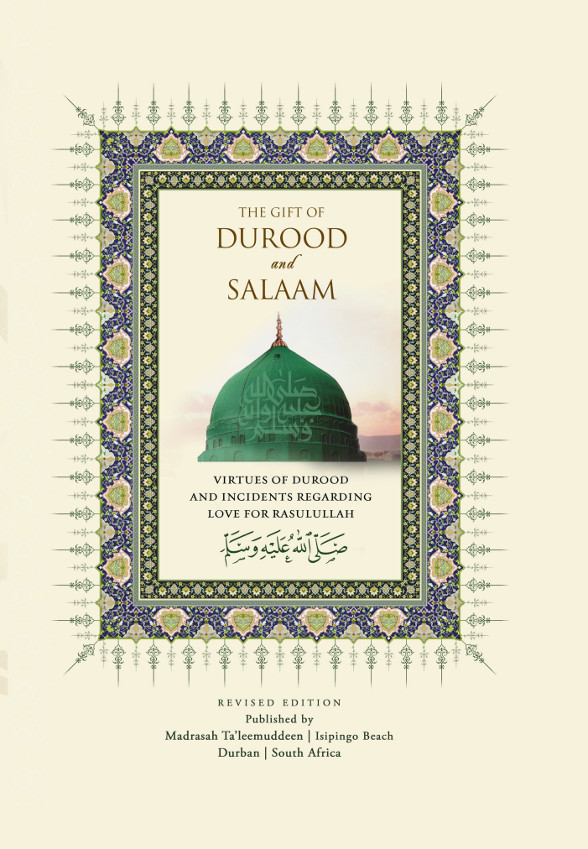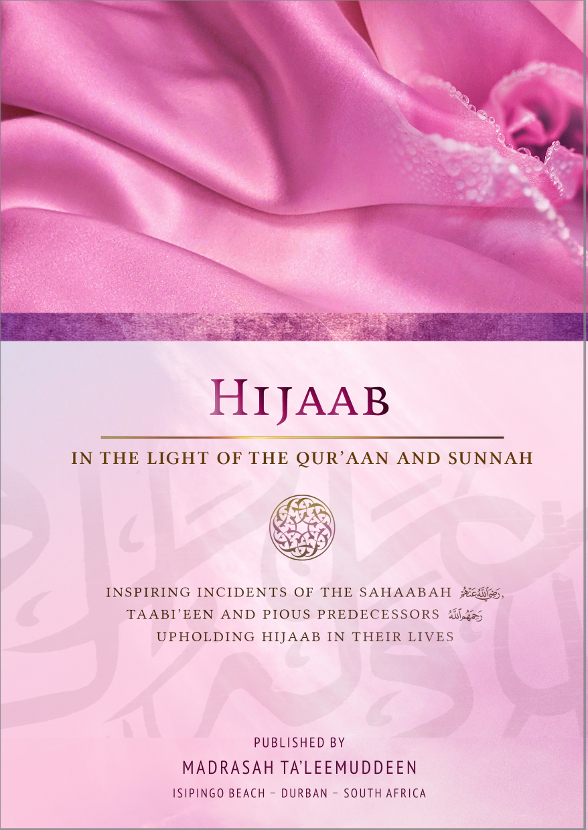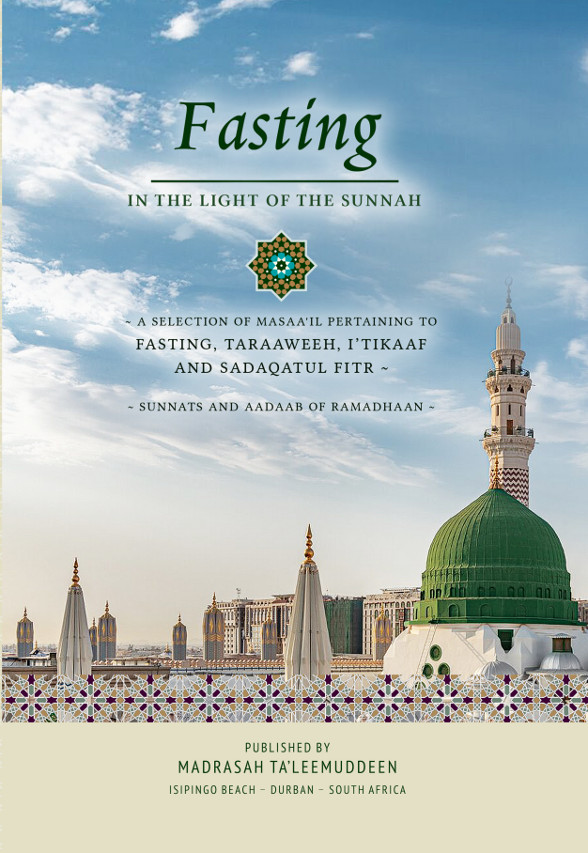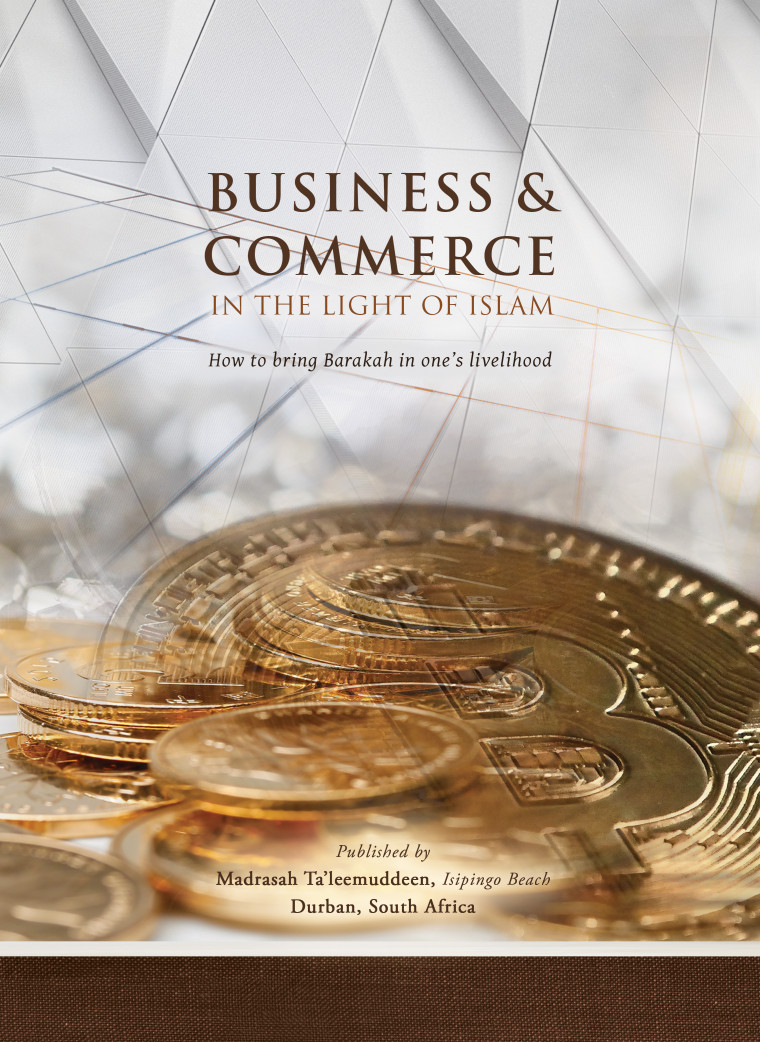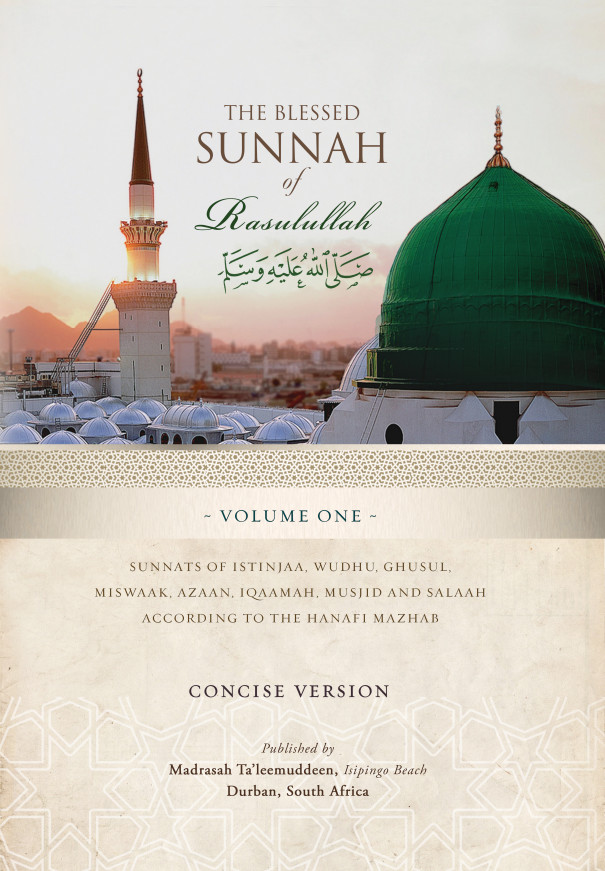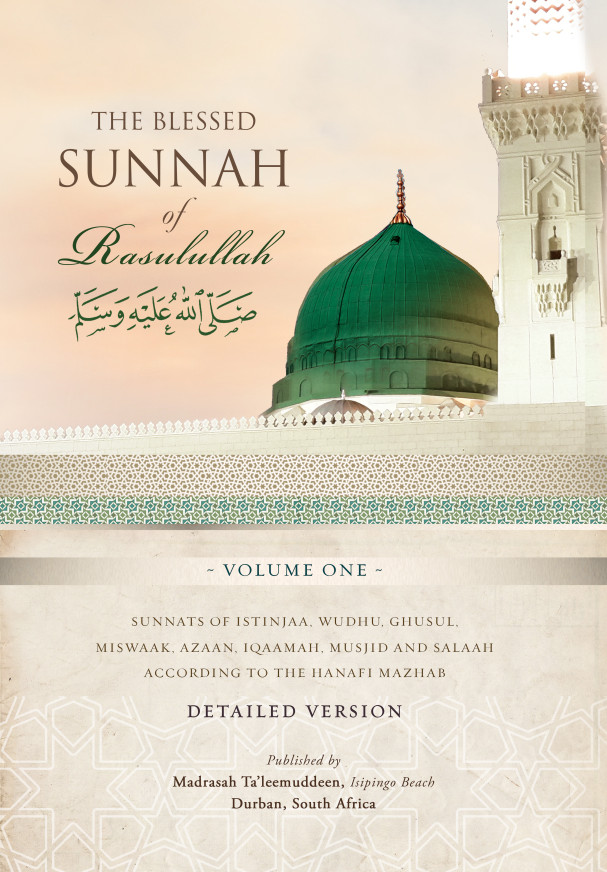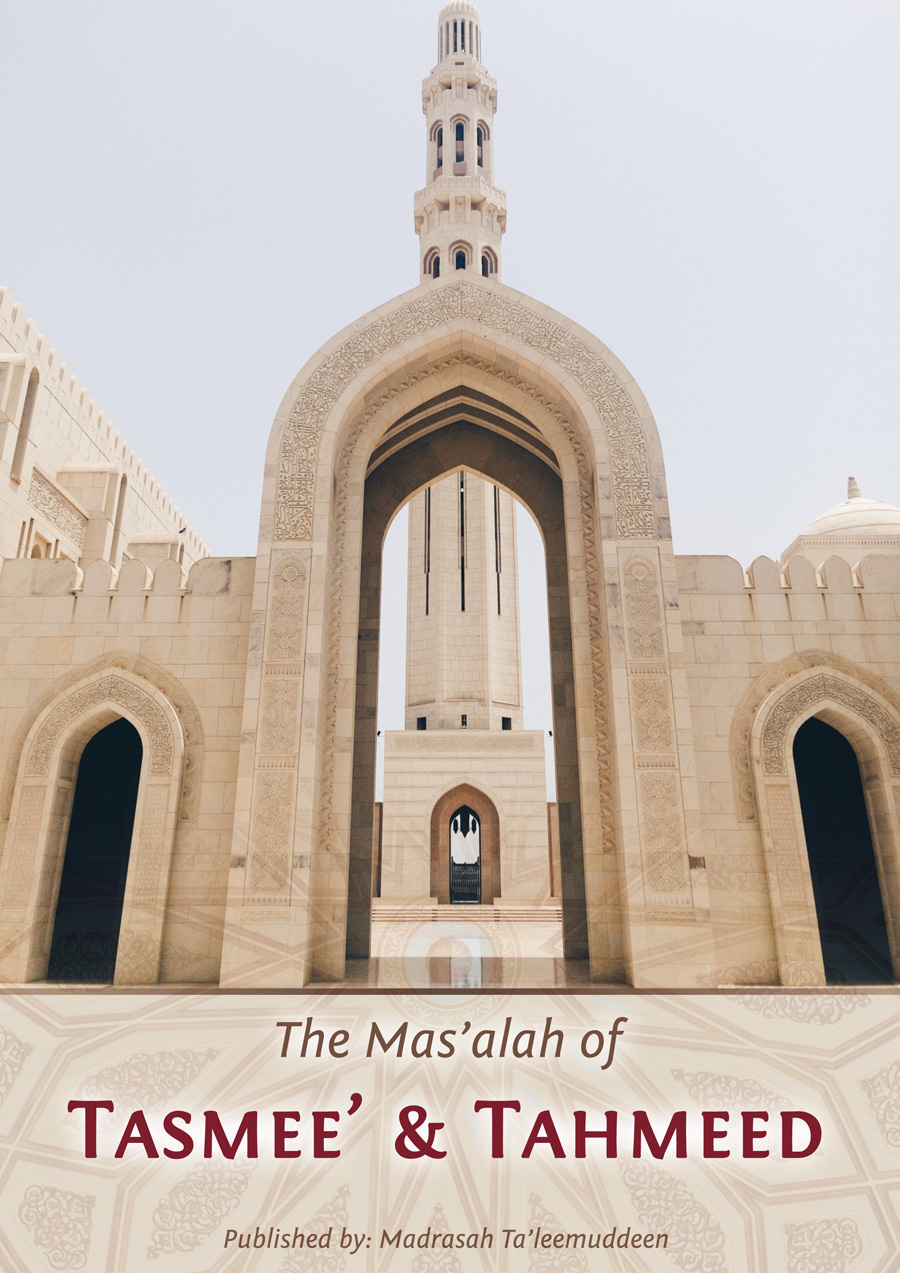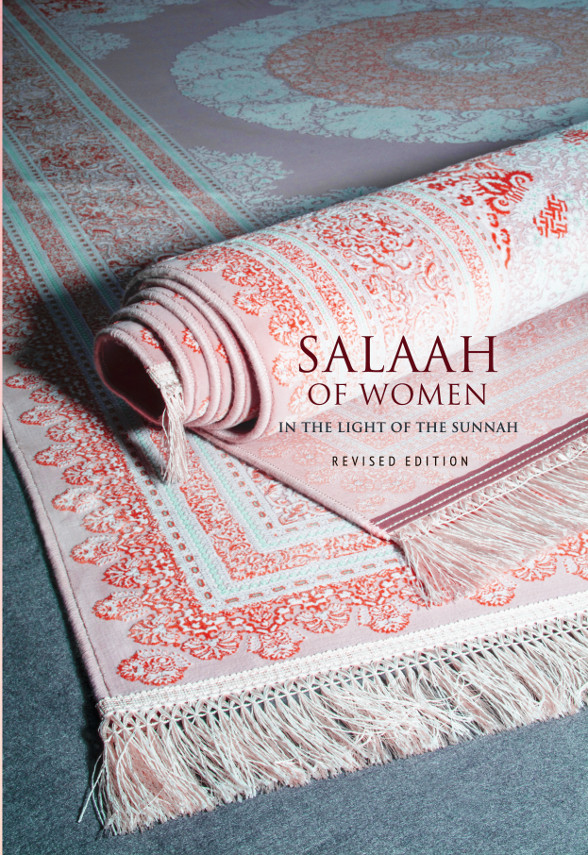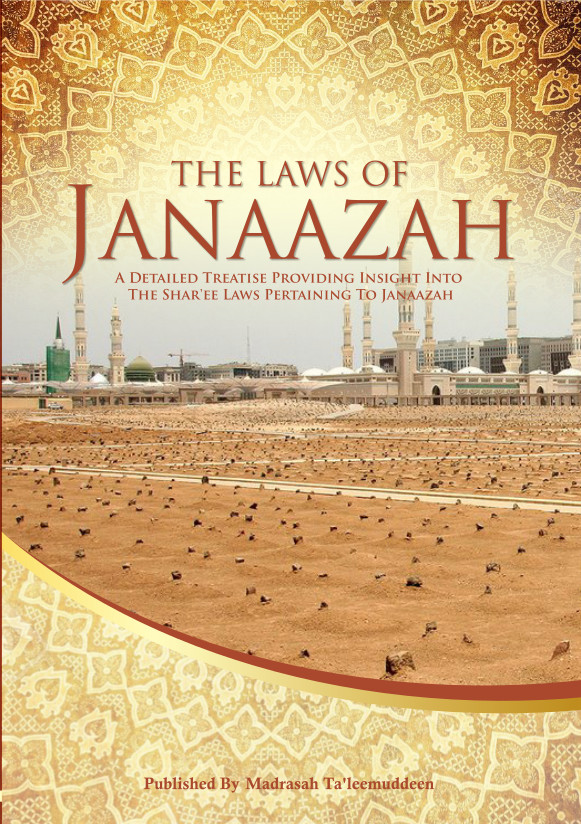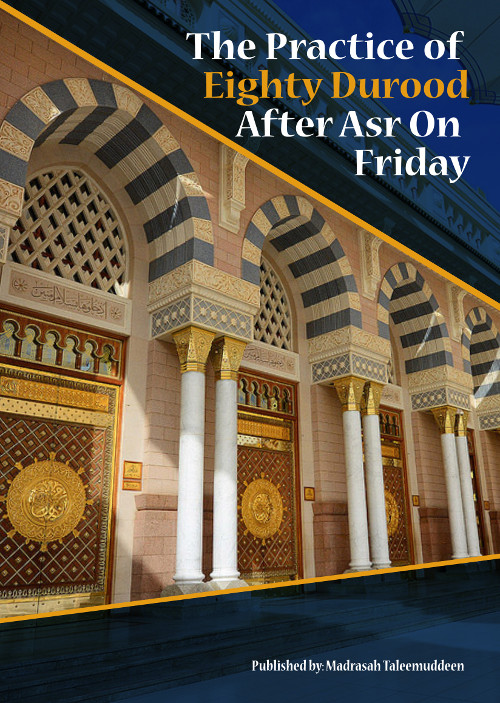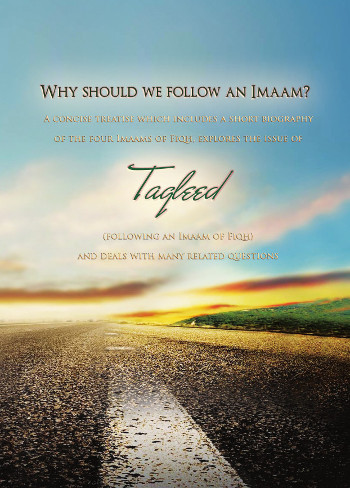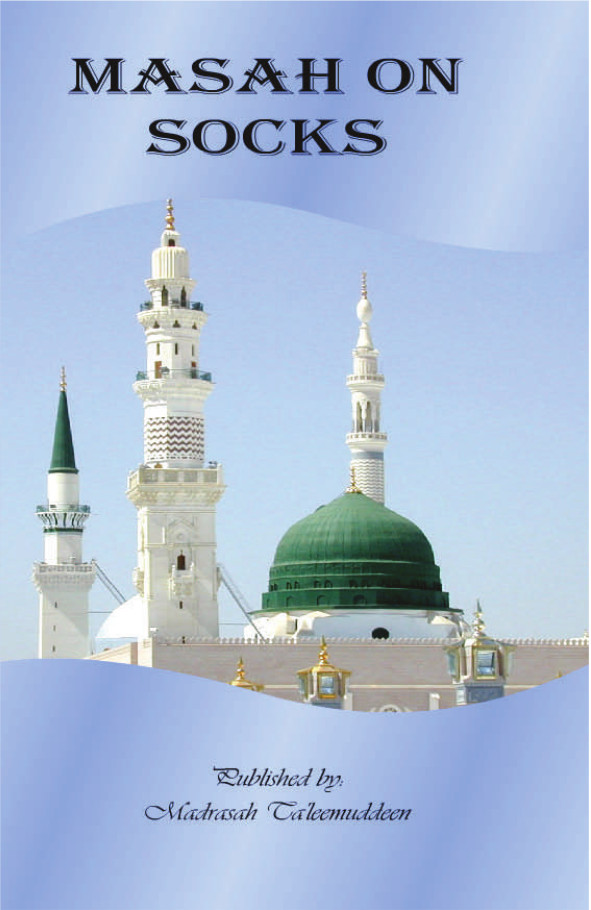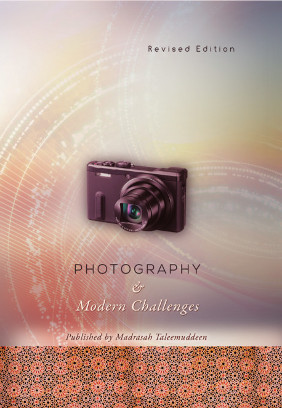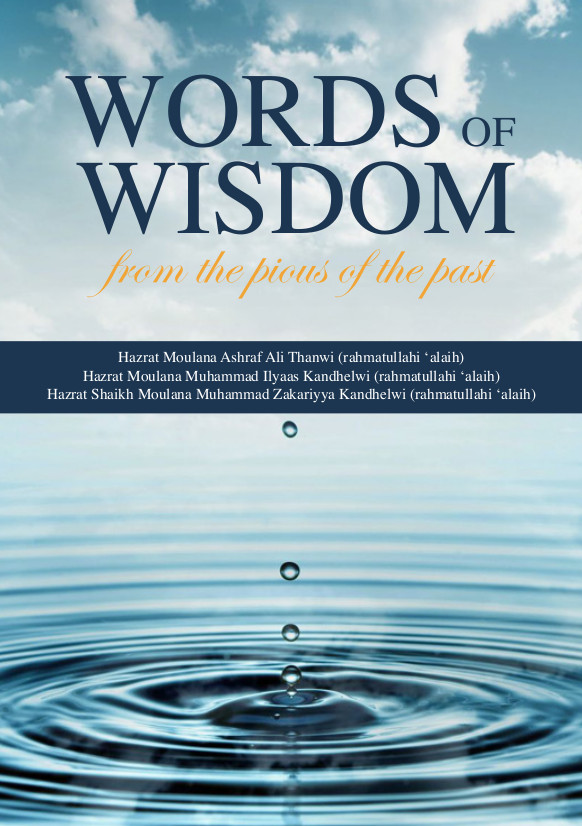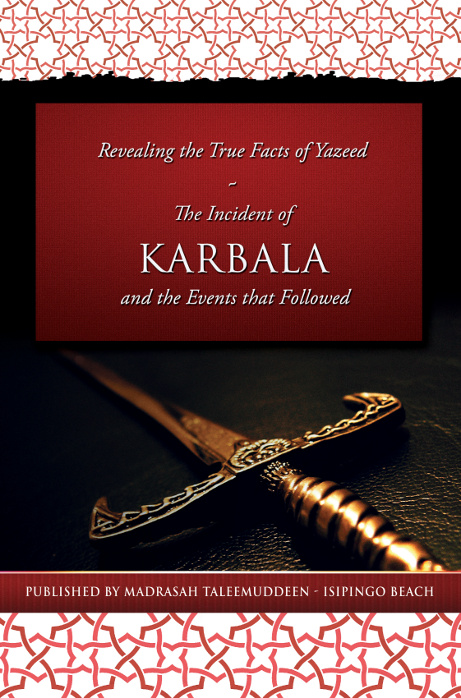Baby Showers and Bridal Showers
Q: Regarding baby showers or bridal showers, is there a fatwa that disallows it or does the Quran expressly forbid it? Please substantiate with some scholarly backing for the enlightenment of the sisters.

A: Islam is a religion that is complete and perfect in every respect and it provides a person with guidance in all spheres of his life. From the time the child is conceived till the time he is ushered into the world, and through the various stages of childhood, adolescence and old age which follow, Islam guides a person as to how he should lead his private, domestic and social life with honour and dignity.
Even during happy occasions such as marriage celebrations or sad occasions like divorce or death, a person is not left to himself to decide which path he should adopt and what direction he should take. Rather, Islam guides him every step of the way and teaches him how to conduct himself when alone and when interacting with people.
In essence, there is no religion that is parallel to Islam in offering direction to man and showing him the path towards success.
Allah Ta'ala has commanded us to adhere to the Mubaarak Sunnah of Rasulullah (Sallallahu Alayhi Wasallam) and to emulate his Mubaarak lifestyle in all dimensions of our lives. Allah Ta'ala states:
لَّقَدْ كَانَ لَكُمْ فِي رَسُولِ اللَّـهِ أُسْوَةٌ حَسَنَةٌ لِّمَن كَانَ يَرْجُو اللَّـهَ وَالْيَوْمَ الْآخِر ﴿الأحزاب: ٢١﴾
Indeed there is in the Messenger of Allah Ta'ala a beautiful example for the one who hopes in Allah Ta'ala and the Final Day
When we have been commanded by Allah Ta'ala and His Rasul (Sallallahu Alayhi Wasallam) to follow the Mubaarak lifestyle of Rasulullah (Sallallahu Alayhi Wasallam) in order to gain salvation and success, then we need to examine whether such practices existed during the Mubaarak lifetime of Rasulullah (Sallallahu Alayhi Wasallam) and were practised by him and his illustrious Sahaabah (Radiyallahu Anhum).
The way of Rasulullah (Sallallahu Alayhi Wasallam) and his illustrious Sahaabah (Radiyallahu Anhum) is the gauge to determine whether a practice is acceptable or not in the sight of Allah Ta'ala.
The occasion on which one is blessed with a child is undoubtedly one of great happiness and joy. On this occasion, people generally come to see the new born baby and offer gifts. There is no problem with this.
However, to arrange a formal function or party in the manner where people are invited to come and view the new born baby is a practice that was not in vogue during the Mubaarak era of Rasulullah (Sallallahu Alayhi Wasallam) and the Sahaabah (Radiyallahu Anhum). Hence we understand that this practice resembles the ways of the kuffaar.
Hazrat Abdullah bin Umar (Radiyallahu Anhu) reports that Rasulullah (Sallallahu Alayhi Wasallam) said:
عن ابن عمر قال قال رسول الله صلى الله عليه وسلم من تشبه بقوم فهو منهم (سنن أبي داود، الرقم: 4033)
The one who emulates a people will be counted from amongst them (in the sight of Allah Ta’ala)
Furthermore, besides the various sins that generally take place such as intermingling between the sexes, making an expression of one's gifts and doing things for show, music, photography, taking pictures of the baby, etc, a major problem found in such functions (be they baby showers, bridal showers or any other function of a similar nature) is that those who are invited to the function are expected to offer gifts to the newborn baby.
Hence, those who attend feel obliged to contribute something to the occasion so that they are not regarded as miserly by others and their respect is not tarnished. One feels compelled to offer a gift even if he does not wish to give anything. This expectation of people and subtle pressure on them to bring gifts has resulted in this function becoming a sophisticated form of begging.
Another major problem in these functions is that those who give gifts (in baby showers, bridal showers or any other function of a similar nature) expect the recipients of the gifts to return the favour by also giving them gifts when they are blessed with a child. Such an intention at the time of giving gifts goes against the very spirit and core of the Islamic teaching. There is no sincerity found in such gifting. Hence, the Qur’an has prohibited giving gifts with the hope of receiving exchanges. Allah Ta’ala states:
وَلَا تَمْنُنْ تَسْتَكْثِرُ ﴿المدثر :٦﴾
And bestow not favours so that you may receive more.
In light of the above, it is clear that these functions are not in conformity with the Islamic spirit and Islamic teachings. Hence, one should not attend such functions.
And Allah Ta'ala (الله تعالى) knows best.
لَقَدْ كَانَ لَكُمْ فِي رَسُولِ اللَّهِ أُسْوَةٌ حَسَنَةٌ لِّمَن كَانَ يَرْجُو اللّٰهَ وَالْيَوْمَ الْاٰخِرَ وَذَكَرَ اللّٰهَ كَثِيرًا ﴿الأحزاب: ٢١﴾
عن ابن عمر قال قال رسول الله صلى الله عليه وسلم من تشبه بقوم فهو منهم. (سنن أبي داود، الرقم: 4033)
أي من شبه نفسه بالكفار مثلا في اللباس وغيره أو بالفساق أو الفجار أو بأهل التصوف والصلحاء الأبرار فهو منهم أي في الإثم والخير قال الطيبي هذا عام في الخلق والخلق والشعار ولما كان الشعار أظهر في الشبه ذكر في هذا الباب (مرقاة شرح مشكاة 8/ 155)
Answered by:
Checked & Approved:



